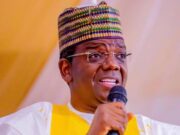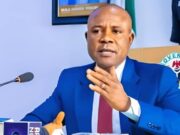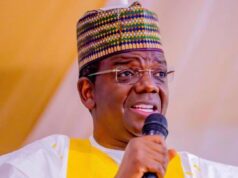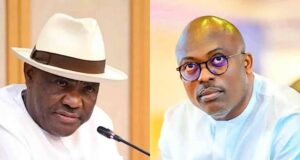
The race to succeed Governor Godwin Obaseki in Edo State has drawn significant attention as three main candidates vie for the top position: Asue Ighodalo of the Peoples Democratic Party (PDP), Monday Okpebholo of the All Progressives Congress (APC), and Olumide Akpata of the Labour Party (LP).
While 18 political parties are technically in the contest, only these three candidates are considered serious contenders.
The political atmosphere is charged, with the legacies of past administrations and local issues, such as infrastructure and public welfare, playing a significant role in shaping voter opinions.
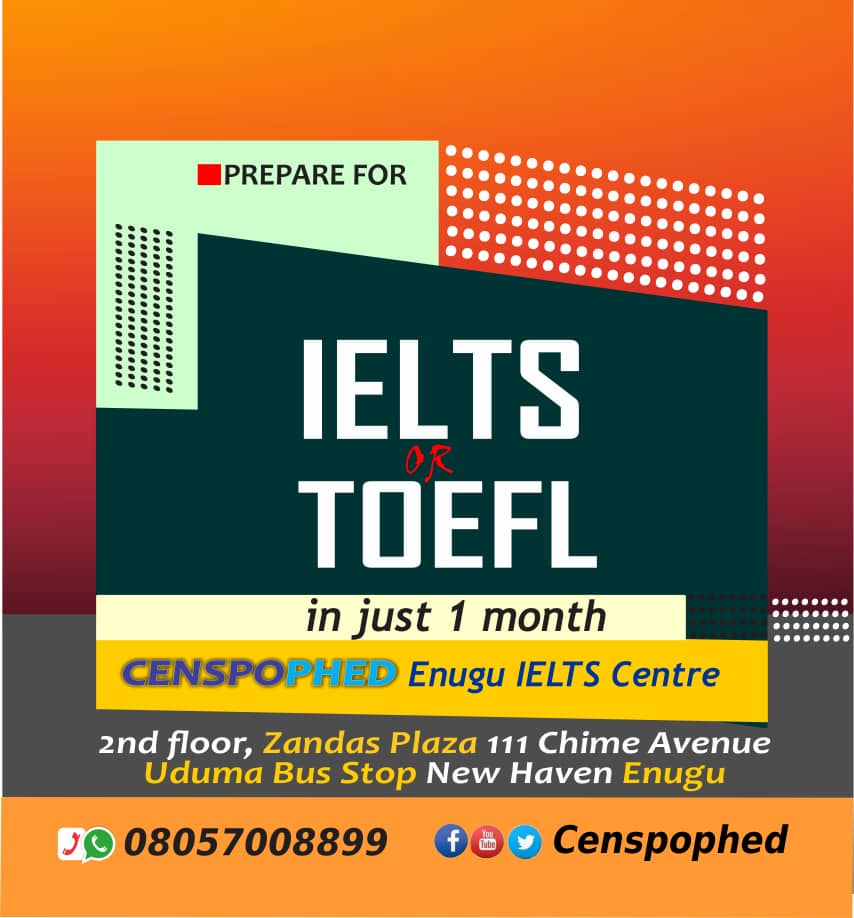 Advertorial
Advertorial
Asue Ighodalo, a lawyer and financial expert, is not a traditional politician but has been closely aligned with Obaseki’s administration, similar to how Obaseki was linked with former Governor Adams Oshiomhole.
On the other hand, Monday Okpebholo, an experienced grassroots politician, is seen as a strong force within his party, APC, and is particularly popular in the state’s Central District, which he currently represents in the Senate.
Olumide Akpata, former President of the Nigerian Bar Association, brings the influence of his illustrious family and his personal legal credentials to the race.
 Advertorial
Advertorial
However, he faces challenges due to the relative weakness of his Labour Party platform, despite his popularity among youth voters.
The upcoming election is also seen as a rematch of sorts between two powerful figures, Oshiomhole and Obaseki, who have been at odds since the latter defected to the PDP and retained power in 2020.
The election has also sparked debate over security concerns, with both major parties expressing doubts about the neutrality of local security forces.
 Advertorial
Advertorial
The language used by the candidates—whether corporate and technocratic from Ighodalo or grassroots-focused from Okpebholo—has also been a point of discussion among analysts. Despite this, vote-buying is not expected to be a decisive factor.


